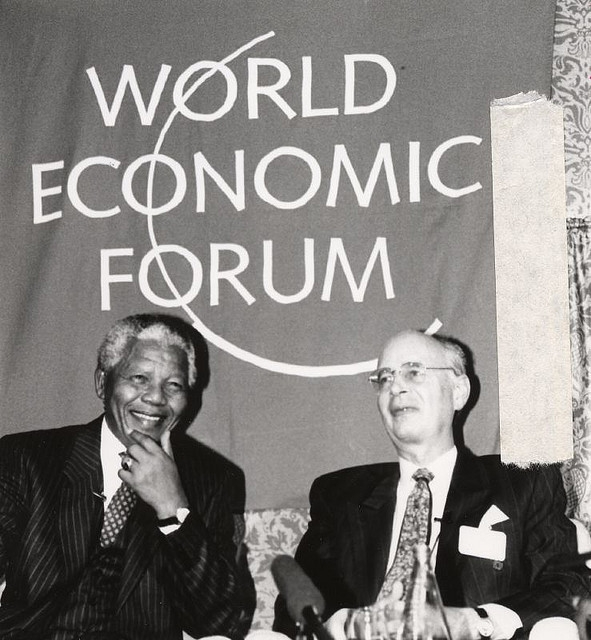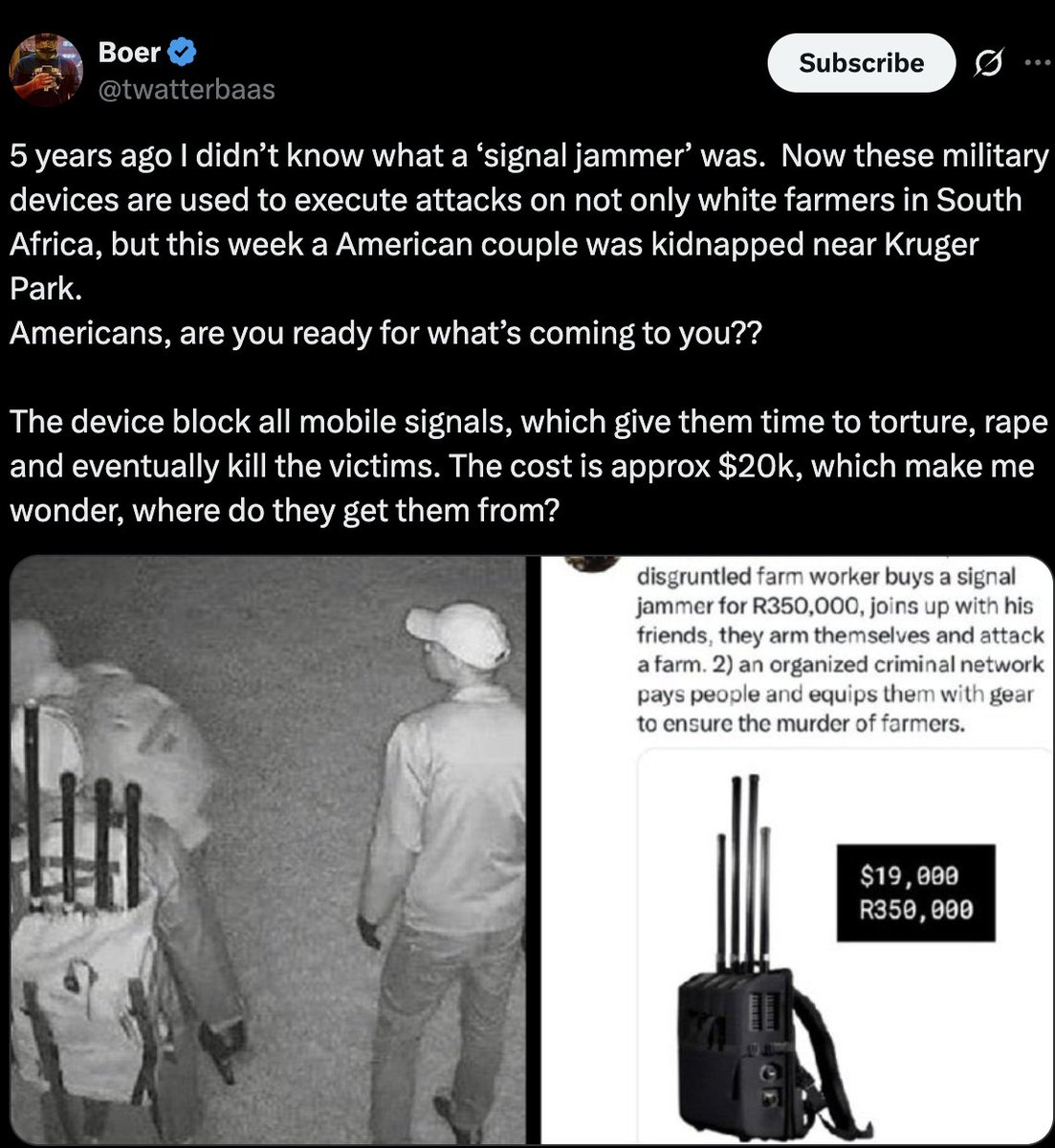Here's what really isn't understood when I say "the South Africanization of America":
It's not just that crime is going up; crime always happens. It's that everywhere turns into a potential scene of crime and bloody murder, with no respite.
It's total war, but with crime 🧵👇
It's not just that crime is going up; crime always happens. It's that everywhere turns into a potential scene of crime and bloody murder, with no respite.
It's total war, but with crime 🧵👇

The stabbing at the University of Arizona really shows this
Some girl was going to a school where she thought she'd have fun, but instead, she was attacked by some knife-wielding black woman for no real "reason"
What should be a relatively nice and calm place is instead, now, beset by violent crime and stabbings motivated not even by a desire to steal, but just anti-white hatred and a desire to harm
Some girl was going to a school where she thought she'd have fun, but instead, she was attacked by some knife-wielding black woman for no real "reason"
What should be a relatively nice and calm place is instead, now, beset by violent crime and stabbings motivated not even by a desire to steal, but just anti-white hatred and a desire to harm

Were this to happen in some slum in Chicago, burned-out crack house in Detroit, or street corner in East St. Louis, it's not a story. Such things have always and will always happen in such areas; the solution is just to avoid them
But what's new is this happening in nice places; what used to be confined to the slums and "bad areas" has spread to everyone everywhere, with no clear way to avoid it other than to live in some secluded spot where the "fellow classmates" of the world dare not tread
But what's new is this happening in nice places; what used to be confined to the slums and "bad areas" has spread to everyone everywhere, with no clear way to avoid it other than to live in some secluded spot where the "fellow classmates" of the world dare not tread

So now you have homeless crack addicts lighting up on Venice Beach, shooting and stabbings in the nice parts of Manhattan, and "fellow classmates" stabbing their white classmates on pleasant college campuses
What used to be confined to the slums has now spread like a cancer to everywhere, and the natural result is that everywhere now feels like Rorke's Drift under siege with the Zulus charging in a Bull's Head, and some potentially already inside the biscuit box perimeter
Hence the stress, the fear, the worry becoming omnipresent: there's no escape, and often even protesting attack is seen as beyond the pale and "racist"
What used to be confined to the slums has now spread like a cancer to everywhere, and the natural result is that everywhere now feels like Rorke's Drift under siege with the Zulus charging in a Bull's Head, and some potentially already inside the biscuit box perimeter
Hence the stress, the fear, the worry becoming omnipresent: there's no escape, and often even protesting attack is seen as beyond the pale and "racist"

But while this is new to America, at least in the post-1970s era, it's not new to Africa
Nowhere is safe from crime in the Congo. No farm in Zimbabwe was safe when Mugabe came for them.
And, most importantly, the same is true of South Africa, where only Orania and a few other similarly secluded spots are safe. Everywhere else, from neighborhoods to big cities, face a constant onslaught of crime and the potential for disaster
Nowhere is safe from crime in the Congo. No farm in Zimbabwe was safe when Mugabe came for them.
And, most importantly, the same is true of South Africa, where only Orania and a few other similarly secluded spots are safe. Everywhere else, from neighborhoods to big cities, face a constant onslaught of crime and the potential for disaster
Take Johannesburg and Durban. They used to not only be safe, but were beautiful. Mike Hoare, for example, describes the Durban of the pre-Mandela period as a jewel
But then came the South Africanization of South Africa with Mandela, and quickly car flamethrowers became a reasonable thing to strap onto your car if you had to take a trip outside the gate of your house
Then things got even worse and even houses with electric fences became unsafe due to the plethora of predatory criminals roaming about; and isolated farms were placed under siege, much as they had been in Rhodesia during the Bush War
But then came the South Africanization of South Africa with Mandela, and quickly car flamethrowers became a reasonable thing to strap onto your car if you had to take a trip outside the gate of your house
Then things got even worse and even houses with electric fences became unsafe due to the plethora of predatory criminals roaming about; and isolated farms were placed under siege, much as they had been in Rhodesia during the Bush War

Now, what's easy to see is that pretty much the whole country has to deal with the constant threat of "fellow classmate"-style stabbings
There's often not even a reason for it, as @k9_reaper has pointed out when describing the farm attacks; just hatred of the Boers and a desire to destroy. And destroy they do, with horrific results
There's often not even a reason for it, as @k9_reaper has pointed out when describing the farm attacks; just hatred of the Boers and a desire to destroy. And destroy they do, with horrific results

So now entire cities like Johannesburg are effectively rotten hulks taken over by criminals and squatters, even the nice neighborhoods face the threat of crime and destruction (as became all too evident during the 2021 riots), and its highly dangerous to live on a farm
Everywhere, in short, is the potential scene of an unspeakably brutal crime, and the only solution is to leave for Orania or leave for somewhere safe like Switzerland, if they'll let you in
Everywhere, in short, is the potential scene of an unspeakably brutal crime, and the only solution is to leave for Orania or leave for somewhere safe like Switzerland, if they'll let you in

That is what South Africanization will mean when it comes to America
We're, unfortunately, used to the idea of areas in cities being no go zones for normal people, taxpayers. But as this progresses, it will mean entire cities, entire regions become no-go zones where one is unsafe for merely existing and the government either can't or won't protect you from the rampaging criminals
Private security does what it can, but that's only so much
We're, unfortunately, used to the idea of areas in cities being no go zones for normal people, taxpayers. But as this progresses, it will mean entire cities, entire regions become no-go zones where one is unsafe for merely existing and the government either can't or won't protect you from the rampaging criminals
Private security does what it can, but that's only so much

Take from that what you will
IMO it means unpleasantness in heavily populated and isolated but attackable areas, as in South Africa, not "collapse," which is yet to happen there and so unlikely to happen here
But it's not unhelpful to understand self-defense in all manner of situations, with books like those of @wayofftheres and @DonShift3 being quite helpful in understanding what further South Africanization will probably mean and how you can fight it
Here's what it looked like, for example, as a white and Indian militia fought off an advancing column of rioters in 2021
IMO it means unpleasantness in heavily populated and isolated but attackable areas, as in South Africa, not "collapse," which is yet to happen there and so unlikely to happen here
But it's not unhelpful to understand self-defense in all manner of situations, with books like those of @wayofftheres and @DonShift3 being quite helpful in understanding what further South Africanization will probably mean and how you can fight it
Here's what it looked like, for example, as a white and Indian militia fought off an advancing column of rioters in 2021
"We're all Rhodesians now," as the meme goes, because they want to Mugabify the world
But we're also all South Africans now, as soft-on-crime, "rehabilitative justice" policies mean criminals face no consequences of note, anti-white hatred is common, and everyone's unsafe
But we're also all South Africans now, as soft-on-crime, "rehabilitative justice" policies mean criminals face no consequences of note, anti-white hatred is common, and everyone's unsafe

Speaking of, check out my article on Rhodesia: theamericantribune.news/p/why-rhodesia…
• • •
Missing some Tweet in this thread? You can try to
force a refresh


















